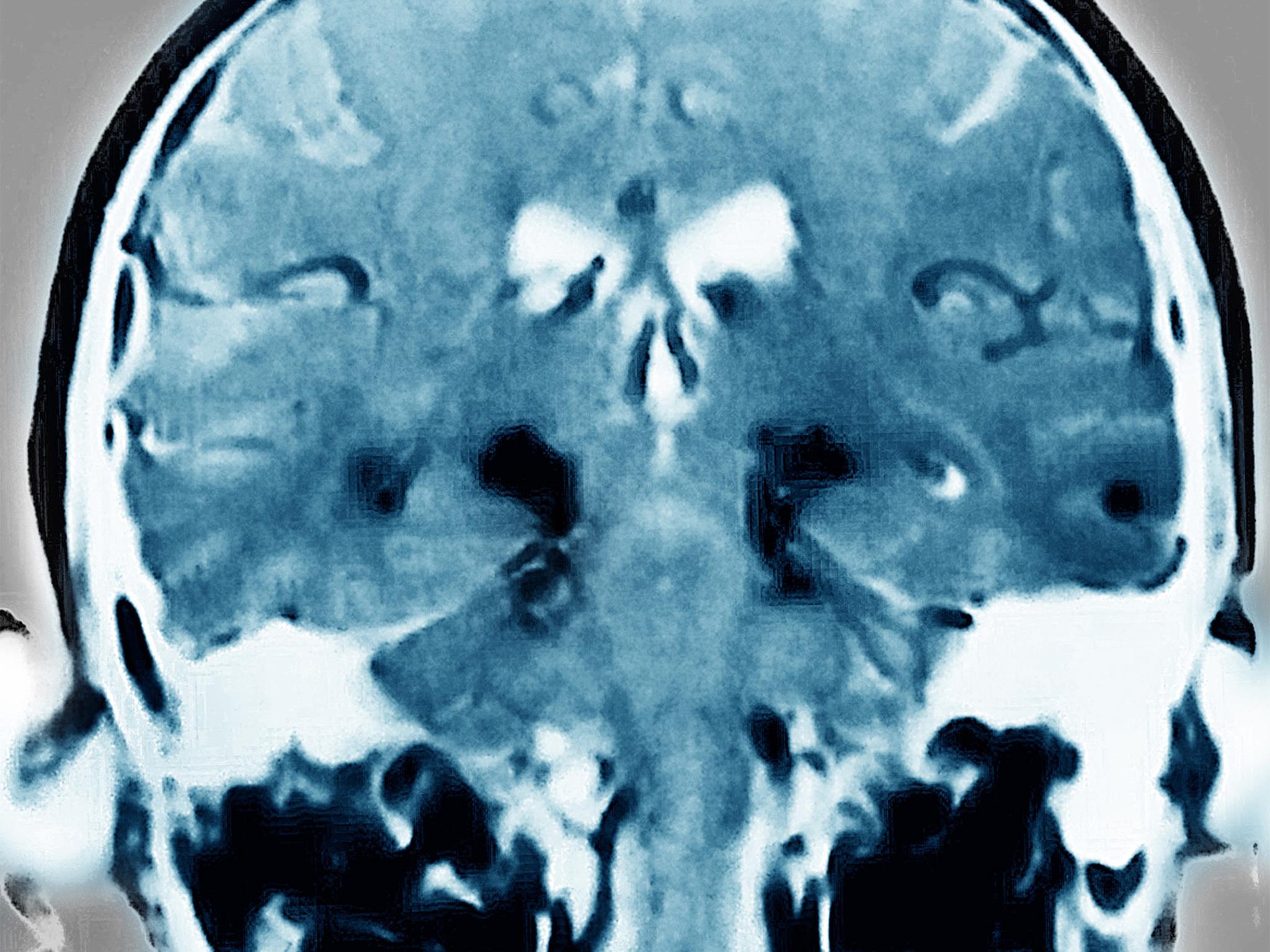Parkinson's patients 'walk and talk again' after receiving cancer drug in trial
Professor who led the study says 'we've seen patients at end stages of the disease coming back to life'

A cancer drug tested on people with Parkinson’s disease has produced remarkable results, giving some patients a new lease of life.
The drug, called nilotinib, has been used in the past to treat patients with a certain type of leukaemia. But in a small clinical trial in the US, 12 people with Parkinson’s disease or a similar condition called “dementia with Lewy bodies” were given small doses of nilotinib for a six-month period with startling results.
Dr Charbel Moussa, who led the study at Georgetown University Medical Centre in Washington DC, told the New Scientist: “We’ve seen patients at end stages of the disease coming back to life.”
My wife says it’s life-changing for her and for my children and grandchildren. To say that nilotinib has made a change in our lives is a huge understatement
Reporting the findings at the annual meeting of the Society of Neuroscience in Chicago on Saturday with colleague Dr Fernando Pagan, Dr Moussa described how the drug was trialed on patients with advanced stages of the disease.
“We had people as stiff as a board at the start of the study, who were walking around, sitting down and bending their legs by the end,” he said.
“You could see the elation on their faces when they saw the improvement. There wasn’t a dry eye in the room.”
Dr Pagan added: “They were brighter and more fluent in speech, and they had a lot more energy. It was like an awakening for them.”
Three of the participants who were unable to speak at the start of the trial had begun talking again by the end of the trial and one individual who had been confined to a wheelchair was able to walk again, the scientists said.
Alan Hoffman, a retired professor of social science education, was one of the participants who benefited from the effects of the drug trial. He was diagnosed with Parkinson’s disease in 1997, a progressive condition in which part of the brain becomes increasingly damaged leading to tremors, slow movement and inflexibility of muscles.
He told Science Daily: “Before the nilotinib, I did almost nothing around the house. Now, I empty the garbage, unload the dishwasher, load the washer and the dryer, set the table, even take responsibility for grilling.
“My wife says it’s life-changing for her and for my children and grandchildren.
“To say that nilotinib has made a change in our lives is a huge understatement.”
Nilotinib works by boosting the ability to clear out proteins which accumulate in the brain cells of people with Parkinson’s disease. These proteins are believed to trigger the death of brain cells which make molecules like dopamine needed for movement and other functions.
But despite the apparent striking effects, doctors have cautioned against great expectations for the drug at this stage as there was no control group or placebo used in the study for comparison.
Professor Carl Clarke, of Sandwell and West Birmingham Hospitals NHS Trust, said: “It seems too good to be true. I dearly hope I am wrong.”
Professor Kallol Ray Chaudhuri, from King’s College London, agreed, saying: “If it can really reverse Parkinson’s, we’d have reached a major milestone, but I’m sceptical.
“I would say ‘watch this space’,” he added.
Arthur Roach, director of research at the charity Parkinson’s UK, also refused to get too carried away with the results. He said: “We can’t yet say that patients will benefit.”
Although the trial has been completed, Professor Hoffman and the other patients may be able to continue to take nilotinib as part of an expanded access study.
Dr Moussa and his fellow researchers plan larger trials with nilotinib for patients with Parkinson’s and other diseases including Alzheimer’s, likely to begin next year.
Join our commenting forum
Join thought-provoking conversations, follow other Independent readers and see their replies
Comments
Bookmark popover
Removed from bookmarks